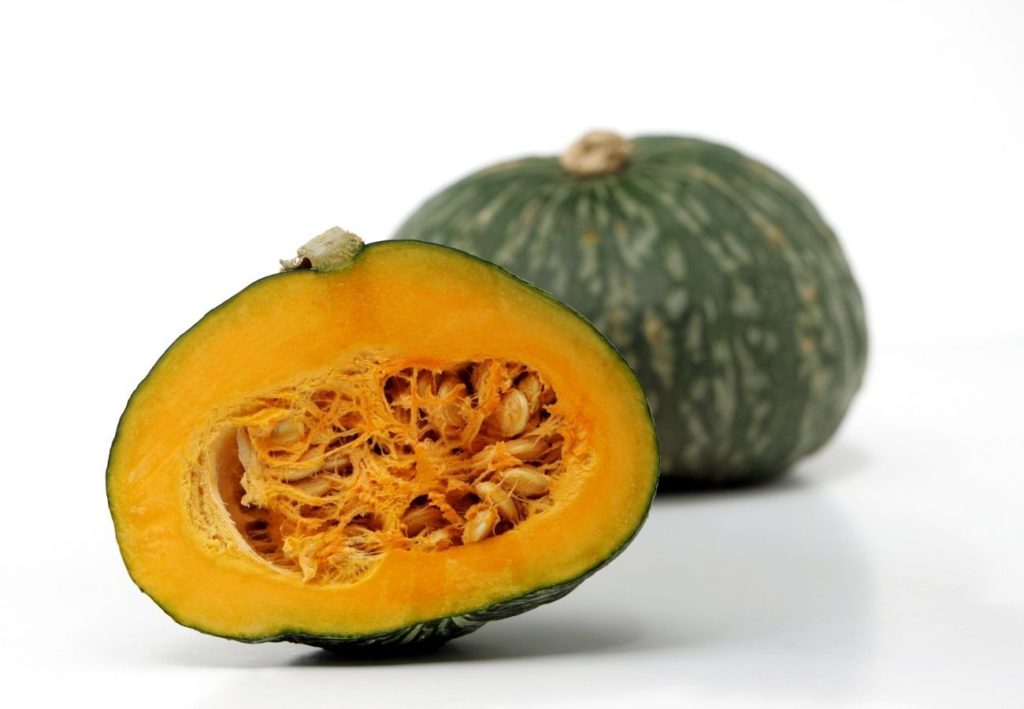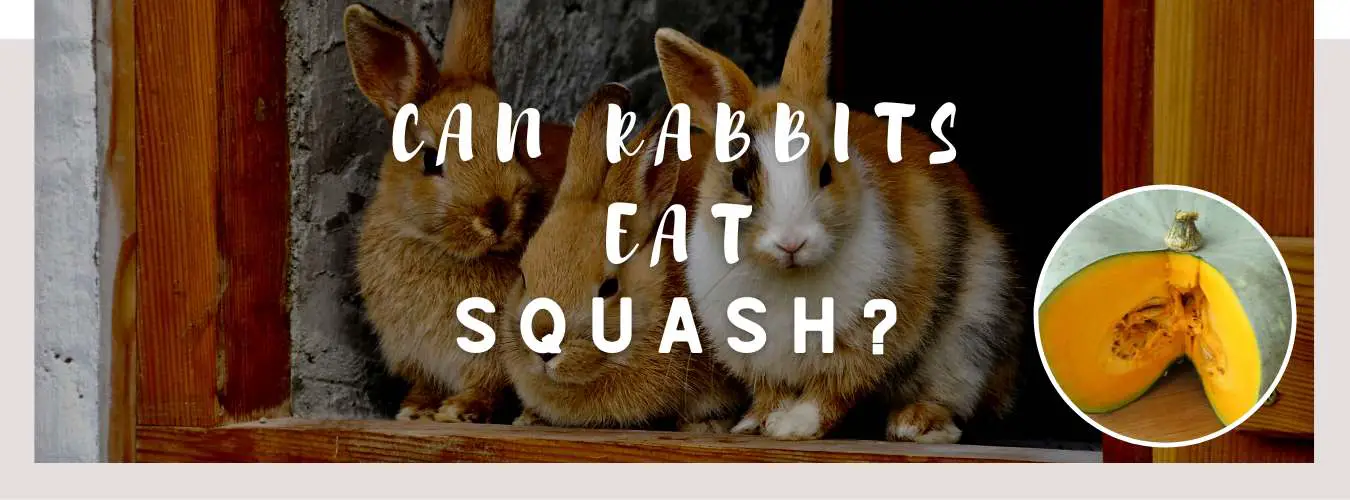
As a rabbit owner, it’s essential to understand your furry friend’s nutritional needs and preferences. You may be wondering if squash, an abundant vegetable with nutrients, is safe for your rabbit to eat. In this article, we’ll look into the nutritional value of squash as well as any benefits or risks associated with feeding squash to rabbits, plus provide tips on how to safely incorporate it into their diet. Additionally, we’ll offer some alternative food options you should consider for overall wellness of your furry friend.
What Nutritional Benefits Does Squash Offer Rabbits?
Squash, as a versatile vegetable, comes in many varieties and shapes. They can be divided into two categories: summer squash (such as zucchini) and winter squashes (like butternut squash and pumpkin).
Types of Squash
Common varieties of squash that you might find in grocery stores or grow in your garden include:
- Zucchini
- Yellow summer squash
- Butternut squash
- Acorn squash
- Spaghetti squash
- Pumpkin
You might also like: Can Rabbits Eat Bananas?
Nutrients in Squash

Squash contains several essential nutrients for your rabbit’s health, such as:
- Fiber
- Vitamins A, C and E
- Potassium
- Magnesium
- Folate
Benefits of Squash for Rabbits
Squash is an incredibly beneficial food for your rabbit, thanks to its abundant nutrient content.
Digestive Health
Rabbits require a high-fiber diet to promote their digestive health. Squash is an excellent source of this fiber, helping keep your rabbit’s gastrointestinal tract functioning optimally.
Antioxidant Properties
Squash is packed with antioxidants like vitamins A, C and E that shield your rabbit’s cells from damage caused by free radicals. Furthermore, these phytonutrients may support their immunity as well as overall wellbeing.
Dental Health
Rabbits require constant wear and tear on their teeth, which continue to develop throughout life. Chewing on raw, crunchy squash helps naturally file down these pearly whites and prevents dental issues in the future.
You might also like: Can Bunnies Eat Dandelions?
Potential Risks of Feeding Squash to Rabbits

While squash can offer your rabbit several benefits, there are potential risks to be aware of before adding it into their diet.
High Sugar Content
Squash contains natural sugars which may lead to weight gain and digestive issues if consumed in large amounts. Therefore, it’s essential that you consume squash with moderation in order to minimize these potential issues.
Pesticide Residue
Conventionally grown squash may contain pesticide residues which could be hazardous for your rabbit. To minimize this risk, choose organic squash or thoroughly wash and peel the squash before feeding it to your furry friend.
How to Safely Feed Squash to Your Rabbit
To guarantee your rabbit can safely enjoy the health benefits of squash, please take these precautions:
Preparing Squash
When possible, opt for fresh organic squash.
Wash the squash thoroughly to remove dirt or pesticides.
Peel away any seeds as these may present a choking hazard.
Cut the squash into small, bite-sized pieces to ensure there are no pieces left behind.
Appropriate Portions
Feed your rabbit squash as a treat rather than as an everyday food. A small piece (about one tablespoon) of squash a few times each week should be sufficient.
Introduce Squash Gradually
When starting to introduce squash into your rabbit’s diet, start with a small amount and observe their reaction. Gradually increase the quantity if they tolerate it well, but always maintain an appropriate portion size.
Alternatives to Squash for Your Rabbit’s Diet
While squash can be a nutritious treat for your rabbit, their primary diet should consist of other foods like:
Leafy Greens
Leafy greens like kale, romaine lettuce and spinach are essential components of your rabbit’s diet. Not only do they supply essential nutrients but can be fed daily as a treat!
Hay
Hay, particularly timothy hay, should make up the bulk of your rabbit’s diet. It is beneficial for their digestion and helps wear down their teeth.
Pellets
High-quality rabbit pellets, fed in moderation, provide additional nutrition and help maintain your rabbit’s diet.
Conclusion
Squash can be fed to rabbits in moderation as a healthy treat. It provides several advantages, such as digestive and dental health, along with antioxidants. But remember: feed squash only in small amounts and prioritize other foods like hay, leafy greens, and pellets for a balanced diet. Always introduce new foods gradually and monitor your rabbit’s reaction to ensure their wellbeing.
Commonly Asked Questions
Can rabbits eat cooked squash?
Feeding rabbits raw squash is ideal, as cooking can reduce its nutritional value and change its texture, making it less beneficial for dental health.
Can Rabbits Eat Squash Seeds?
No, squash seeds should always be removed before feeding squash to your rabbit as they may pose a choking hazard.
How often should I feed my rabbit squash?
You can give your rabbit a small piece of squash (about one tablespoon) as a treat several times each week.
What other vegetables can I feed my rabbit?
Rabbits can enjoy a variety of vegetables, such as bell peppers, carrots, broccoli and cauliflower. Always introduce new foods gradually and in moderation for best results.
Can rabbits eat the skin of squash?
Before feeding your rabbit squash, it’s best to peel the skin off as this can make the flesh tough to chew and may contain pesticide residues.










